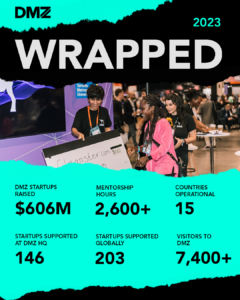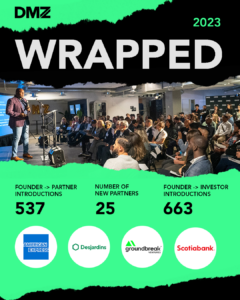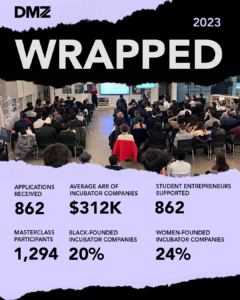Our latest cohort is composed of exceptional startups that stood out among hundreds of promising applicants from around the world.
Some highlights of this cohort:
- 10 startups representing diverse verticals: EdTech, Fintech, HRTech, Social Impact, and more
- Over 50% of Cohort 7 are woman-founded
- The majority of startups operate as B2B SaaS companies
- Our startups’ home bases span across the U.K., U.S. and Canada
For the next 18 months, startup founders will benefit from extensive support as they scale their products, ramp up customer acquisition, explore global expansion, gain access to cutting-edge resources and much more. Startups also benefit from continuous guidance with access to a world-class network of mentors, industry leaders, professional services, investors and legal advisors.
Keep reading to learn more about the visionary startups leading the future of tech.
Aravenda provides a cloud-based consignment software solution for small businesses or enterprise users. Aravenda seamlessly integrates with Shopify and Clover to simplify workflows, eliminate common system errors and streamline inventory management while expanding the reach of consignment businesses globally.
Loba is innovating health and wellness by modernizing traditional pill and supplement management through technology and the psychology of building healthy habits. By connecting a Loba device to WiFi, users can easily manage their pill and supplement schedule, set reminders, add new medications, track habits, and more.

Omnia focuses on the digital optimization of business operations such as supply chain management and e-learning solutions. By assessing a company’s current tech utilization, Omnia designs a custom optimization strategy to enhance workflow management and streamline operations across various industries. This company ensures its implementations drive significant value and ongoing support by prioritizing the understanding of client needs.

Quantibly is an innovative impact analytics platform revolutionizing data-driven decision-making in the social sector. With advanced AI and automation tools for data collection, analysis, and visualization, Quantibly empowers organizations in 82 countries to gain actionable insights into their financial and non-financial impacts.
Rescounts is an innovative, cost-effective platform that offers all-in-one event management services. The platform helps customers connect with various events in their area, and purchase tickets from anywhere. Rescounts also helps users keep track of their purchased event tickets and maintain a schedule of their upcoming events.
SmartConcil is a platform that simplifies financial decisions based on Reconciliation automation. It proves security and real-time traceability over financial data, allowing finance teams to focus on what really matters.
Snoooz AI is an AI-powered Out-of-Office (OOO) assistant that can send personalized OOO responses, automate OOO tasks, route messages to backups and create coverage plans. This comprehensive tool simplifies your OOO management, handling everything efficiently.
Soundspace connects people with creative workspaces through a network of membership-based music networking, rehearsal, producing, and recording facilities. Memberships to Soundspace locations are available monthly, and artists book their time on their chosen location’s communal calendar.
SuperCode is an app where kids learn to code by creating and playing interactive worlds together in live online events. Their focus is on exposing kids to key coding and problem-solving concepts in a way that is deeply fun and engaging motivating them to dig deeper and start to develop confidence in their skills.
Talin is the definitive automation solution for the staffing industry, integrating every essential application with scalable generative A.I. technology. The startup’s technology executes the most tedious staffing and recruiting workflows in minutes, acting as a co-pilot for placing candidates and signing new clients, all from a single platform.

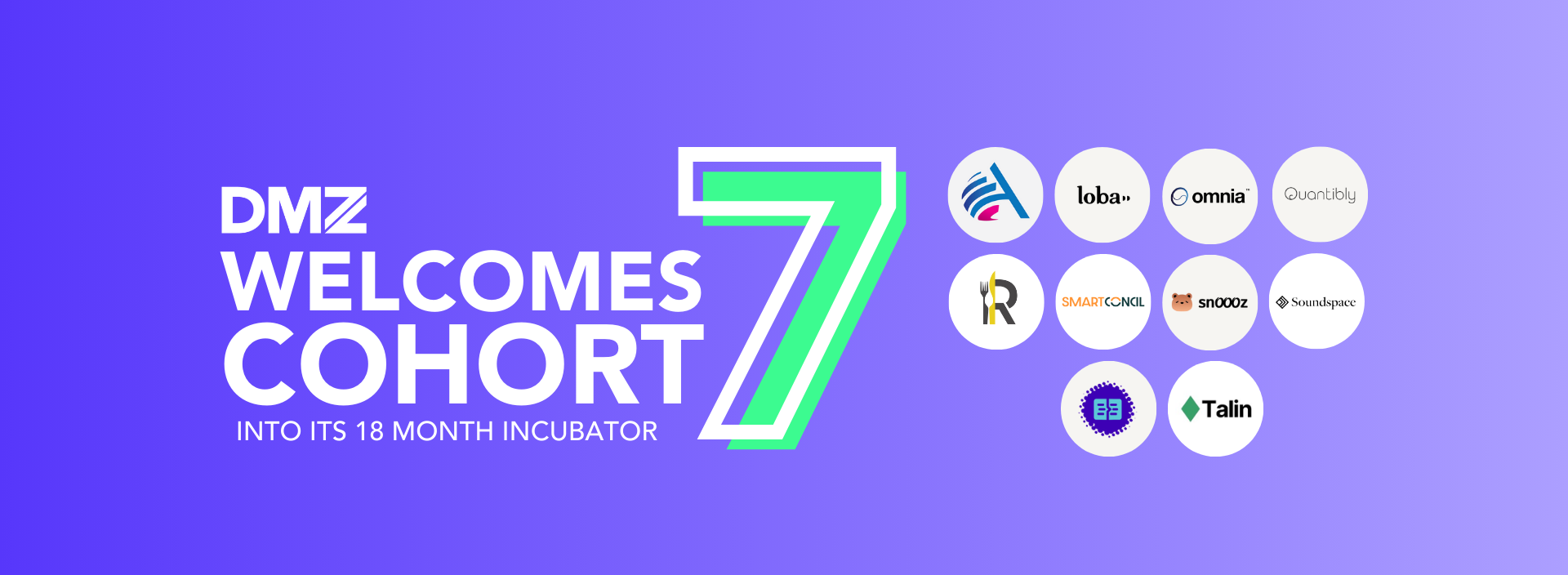






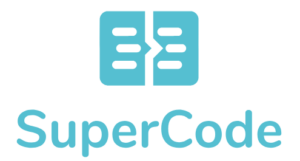


















 “Unlike traditional staffing methods, which are usually biased, expensive and time-consuming, Spotwork is a cost-effective solution with cutting-edge technology and a streamlined hiring process. Our platform facilitates seamless matchmaking between skilled individuals and businesses.
“Unlike traditional staffing methods, which are usually biased, expensive and time-consuming, Spotwork is a cost-effective solution with cutting-edge technology and a streamlined hiring process. Our platform facilitates seamless matchmaking between skilled individuals and businesses.  “Our platform has been designed with fairness and impartiality in mind. It utilizes algorithms that select the best candidates for job opportunities without bias.
“Our platform has been designed with fairness and impartiality in mind. It utilizes algorithms that select the best candidates for job opportunities without bias. 




